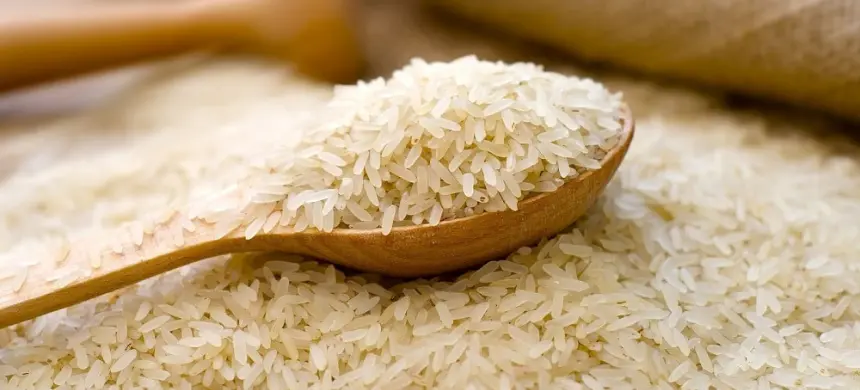Pakistan’s record rice exports of $3.88 billion in FY24 mark a 78% increase over the previous year. However, the industry is facing a series of challenges that overshadow this achievement.
Key Challenges Facing Pakistan’s Rice Industry:
- Potential Easing of Indian Export Restrictions:
- Background: India had imposed several restrictions on rice exports, including a ban on broken rice and duties on non-basmati varieties due to domestic inflation and election pressures.
- Current Situation: With Indian rice stocks significantly exceeding targets and projections of record production due to the La Nina weather system, there is growing speculation that India may lift these restrictions soon. This could potentially reclaim market share lost to Pakistani exporters and affect local and international rice prices.
- Impact of La Nina Weather System:
- Global Production: The onset of La Nina is expected to boost rice production across Asia Pacific, including in major rice-producing countries like India, Vietnam, and Thailand.
- Forecast: Bloomberg predicts a record global rice production of 528.2 million tons for 2024-25, surpassing estimated consumption and building inventories after years of decline.
- Quality and Compliance Issues:
- Export Rejections: Pakistani rice shipments are facing growing rejection risks from the EU, UK, and US due to violations of maximum residue limits (MRLs) for pesticides and mycotoxins.
- Alerts: Pakistan’s rice faced 26 alerts for pesticide residues and 10 for mycotoxins so far this year. In contrast, India faced fewer alerts for these issues.
Read More: Tandoor owners are selling naan and roti at significantly higher prices than the official rates
- Pesticide Use and Inspection Challenges:
- Regulations: Pakistan has issues with pesticide use, including illegal or excessive application, leading to quality concerns. The Department of Plant Protection (DPP) is understaffed and lacking technical expertise.
- Impact: The lack of proper inspection and enforcement contributes to export rejections and damages the country’s reputation.
- Proposed Tax Regime Changes:
- New Policies: The government has proposed shifting to a hybrid tax regime with high taxation rates on the rice industry.
- Impact: This could drastically affect competitiveness and lead to a decline in exports if implemented without considering the industry’s current challenges.
Pakistan’s rice sector, once a significant contributor to the country’s export basket, now faces a complex array of challenges. Addressing these issues with comprehensive, forward-looking strategies is crucial for sustaining growth and maintaining competitiveness in the global market.











